May needs Parliament's permission before triggering Article 50
- Published
The big decision that's been announced today
An important decision was announced on Tuesday morning about the way that the UK can officially start the process to leave the European Union (EU).
The Supreme Court, which is the highest court in the country, has announced that UK Prime Minister Theresa May will have to ask for Parliament's permission before she can officially start the process for the UK to leave the EU.
The moment the Supreme Court gave their decision
All 11 Supreme Court judges came together to decide this, which has never happened since the group was created in 1876 (although it was called something different back then). This shows how significant it is.
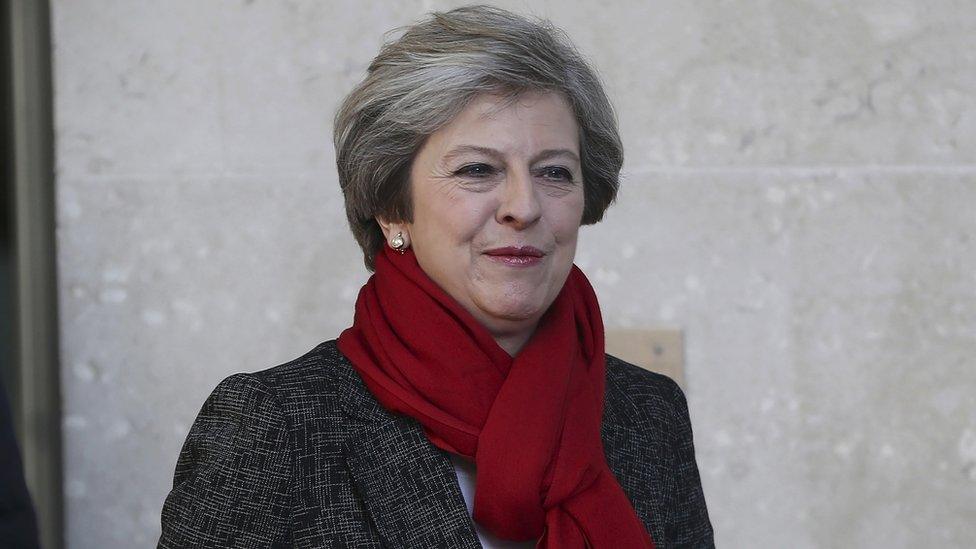
UK Prime Minister Theresa May thinks that the UK government should be able to officially start the process to leave the EU without having to ask for Parliament's permission
Theresa May argued that she had the power to start the process herself, without asking Parliament's permission.
But others thought that she should have to ask Parliament first - and the Supreme Court has agreed with them.
The Supreme Court's decision is final.
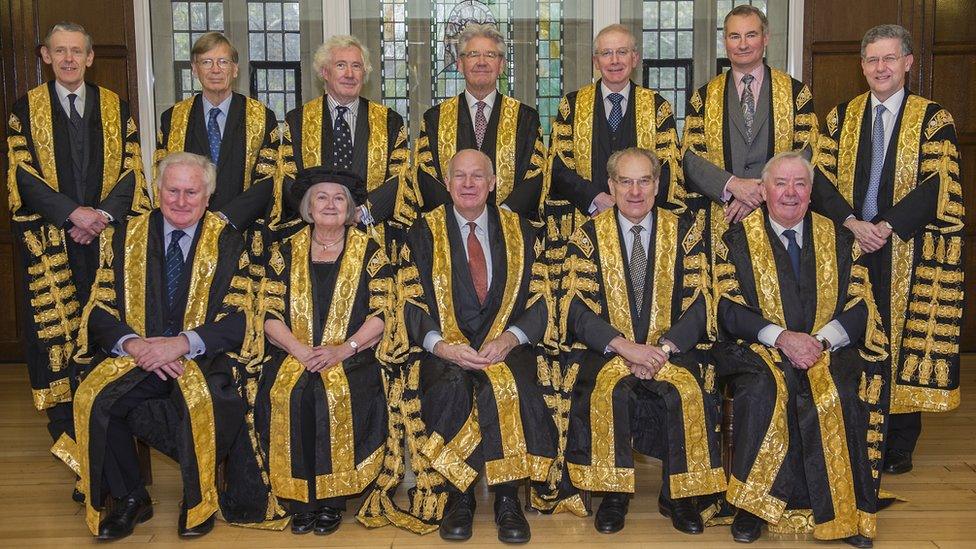
Here are the 11 judges (excluding Lord Toulson in the top-left) who decided that Theresa May will need to ask Parliament before officially starting the process to leave the EU
It also ruled that the UK government - led by Theresa May - does not need to ask governments in Scotland, Wales and Northern Ireland before starting the process.
While UK adults have voted that they want to leave the EU, the official process to leave hasn't started yet.
Here's a quick run-down of what this court case has all been about, ahead of the decision being announced
Find out more about each side of the argument below.
What is the UK government arguing?
Ever since the UK voted to leave the EU, there have been discussions about how the UK could officially start the process to leave the group.
Theresa May wants to start the process by doing something called triggering Article 50. Ricky explains what this is below.
Ricky explains what Article 50 is
She didn't think she needed to ask the rest of Parliament for permission to do this because the UK government has something called 'prerogative powers'.
This is an old type of power from when kings and queens could basically do what they wanted.
But not everyone agreed that this was the case.
What are people against the government saying?
Others thought Theresa May should have to ask for Parliament's permission before she can trigger Article 50 and officially start the process for the UK to leave the EU.
This is because of how much it could affect the lives of people who live in the UK.
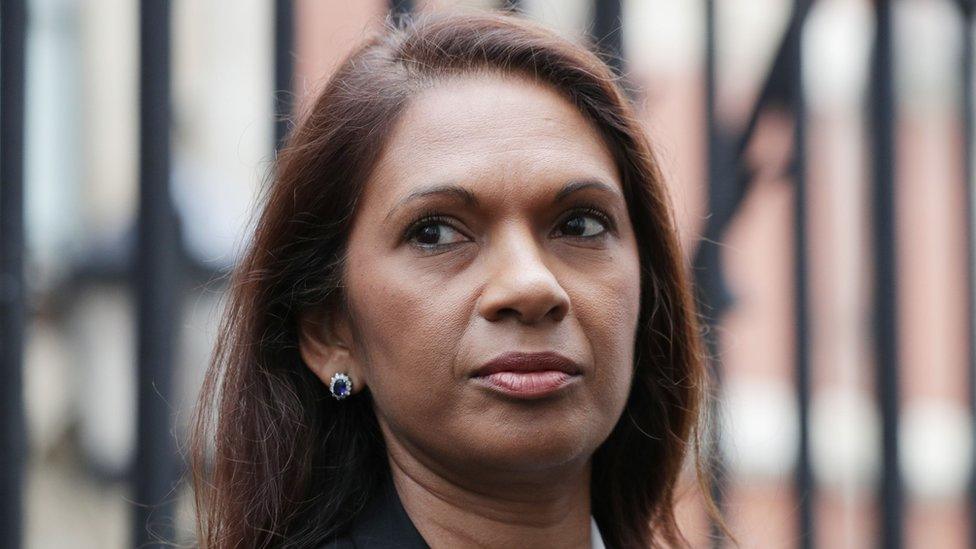
Two people - a banker called Gina Miller (in this picture) and a hairdresser called Deir Dos Santos - have led the argument against the UK government and brought it to court
The case also involved the governments in Scotland, Northern Ireland and Wales.
They said they had a right to be involved in certain Brexit decisions because of how the result could affect people living in their countries, which make up the UK.
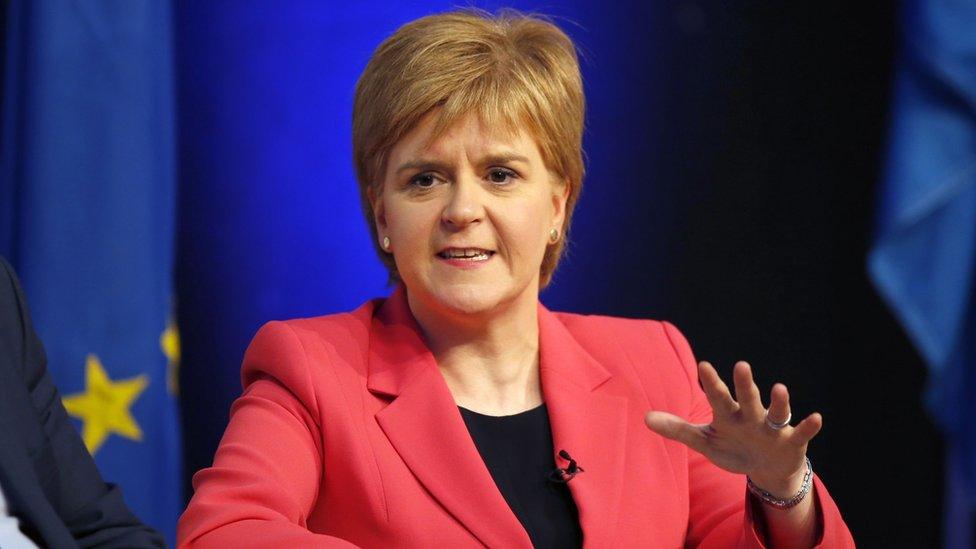
Scottish First Minister Nicola Sturgeon has said that if Scotland feels it is losing too much because of Brexit, the country might vote again about whether or not they want to be a part of the UK anymore
Not everyone agreed on how much say these other governments should have.
What's happened so far?
On 3 November, the High Court - which is a court below the Supreme Court - decided the government did not have the power to trigger Article 50 without getting approval from Parliament.
But the UK government did not accept this decision.
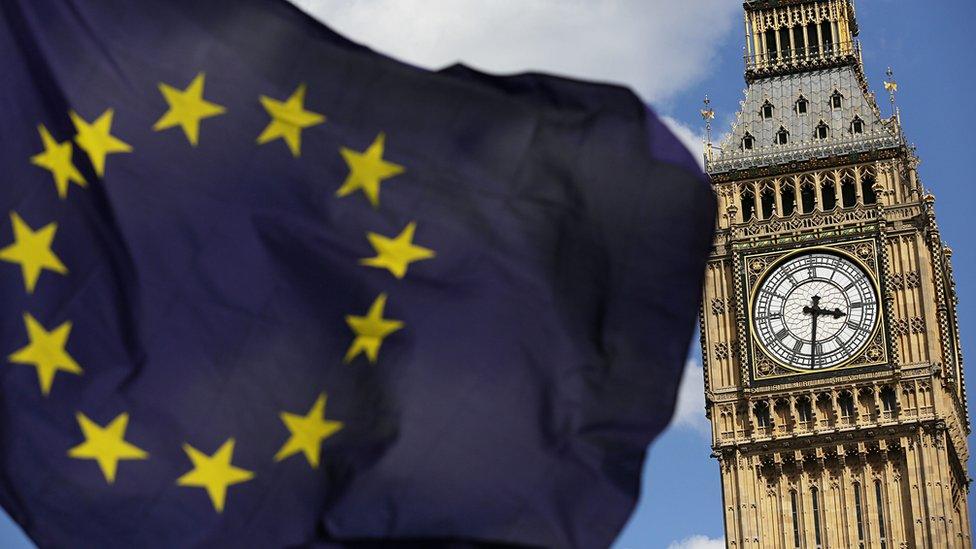
This has been one of the most significant court cases in history for the UK
So, the Article 50 issue had to then be decided by the most important court in the country, the Supreme Court.
They agreed with the High Court - and have said that Theresa May will have to ask for Parliament's approval before she can trigger Article 50.
Their decision is final.
What happens next?
The Supreme Court did not decide whether or not the UK should leave the EU.
It ruled on who can start the process to leave - and how.
Parliament will now get to have a say before Theresa May can trigger Article 50.
It is expected that she will hurry to get any law needed to do this sorted.
Then she can have the vote in Parliament and hopefully trigger Article 50 before the end of March, as this is when she has said she wants to do it.
The European Union in 60 seconds
When Parliament votes on triggering Article 50, it is not thought that they will block it.
Jeremy Corbyn, who leads the main party against Theresa May (the Labour party), has said he will be telling his party to vote to allow the government to trigger Article 50.
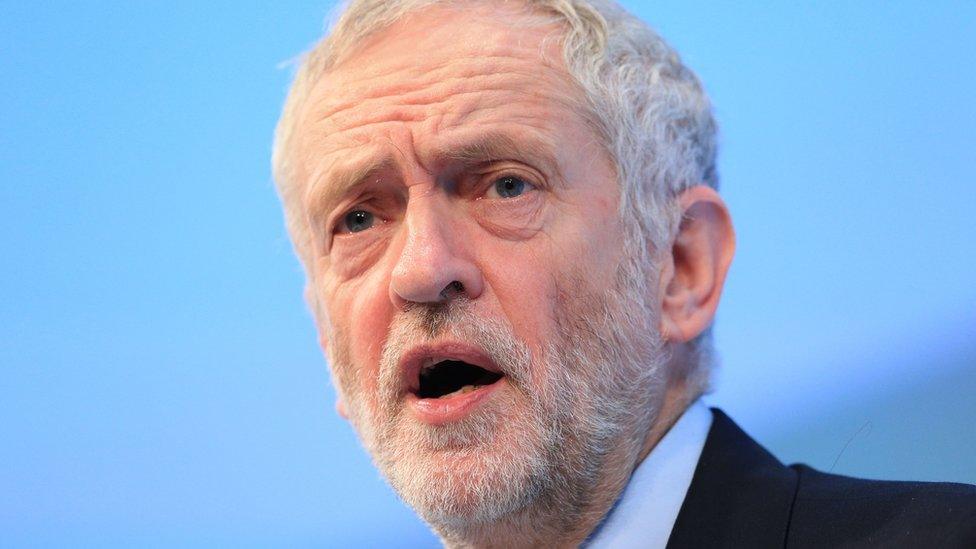
Jeremy Corbyn (pictured here) has said he will be telling the Labour party to vote to allow the government to trigger Article 50
There will be some people - for example, politicians from the Scottish National Party - who will vote against it, but it is not thought there will be enough of them to stop it from happening.
While Scottish First Minister Nicola Sturgeon "welcomed" the decision that Theresa May will need to seek approval from Parliament before triggering Article 50, she said she was "obviously disappointed" it was decided that the UK government does not need to ask the Scottish parliament about it.
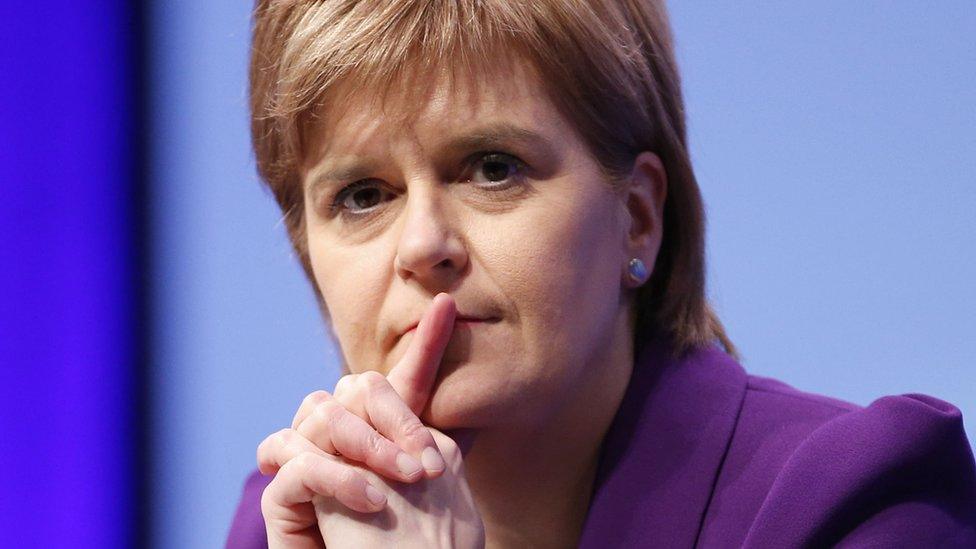
Nicola Sturgeon has reacted to the Supreme Court's decision, saying she is "disappointed"
Once Article 50 is triggered, the UK will not be able to come back into the EU unless all the other 27 countries in the group agree that it can.
- Published17 September 2018
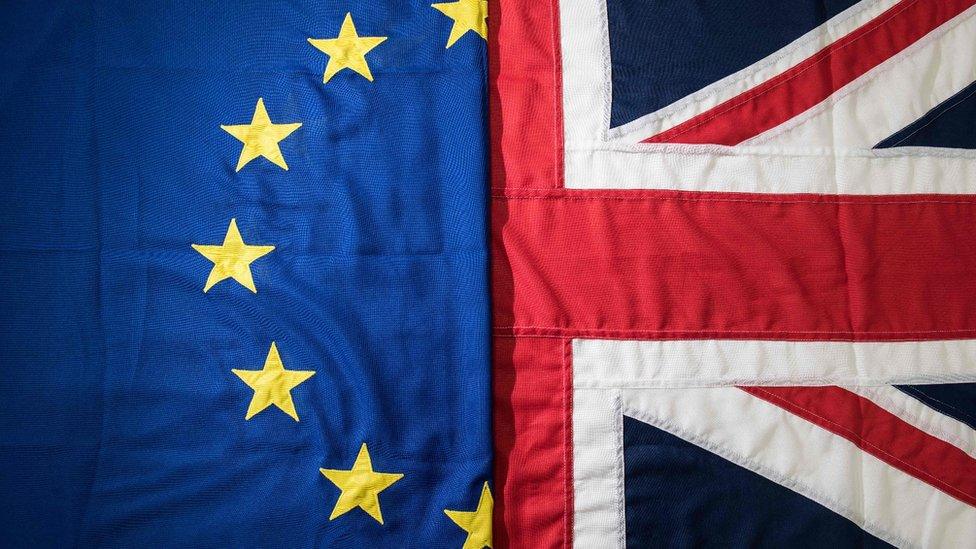
- Published24 June 2016
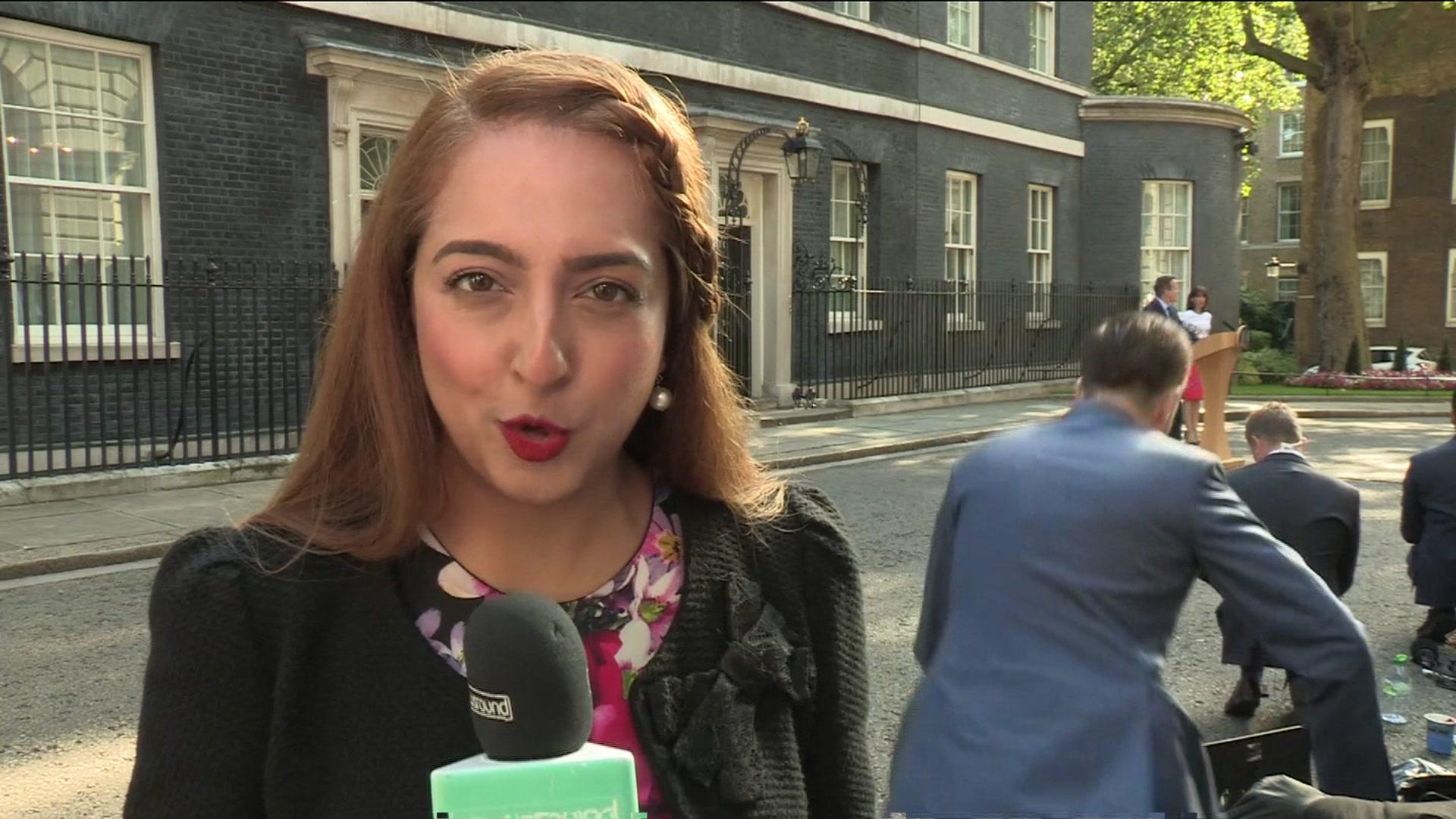
- Published24 June 2016

